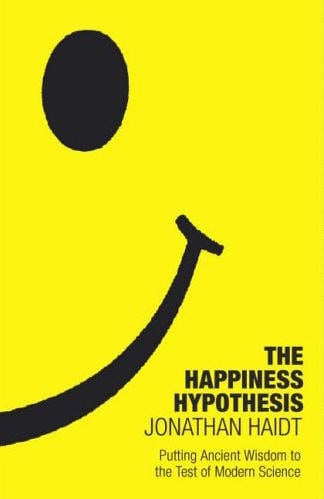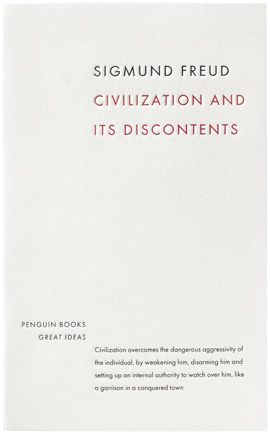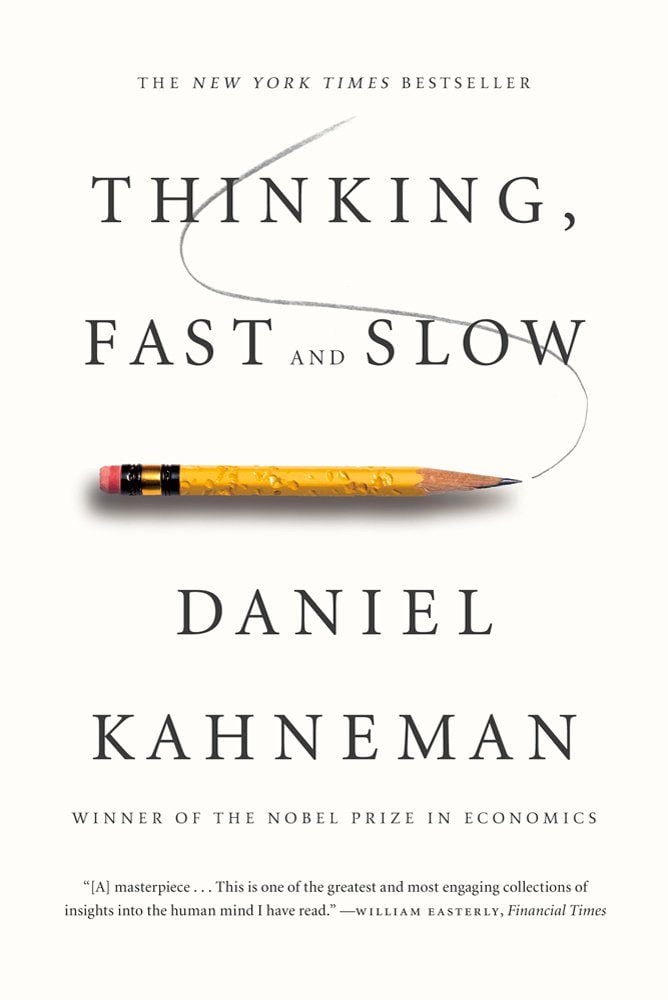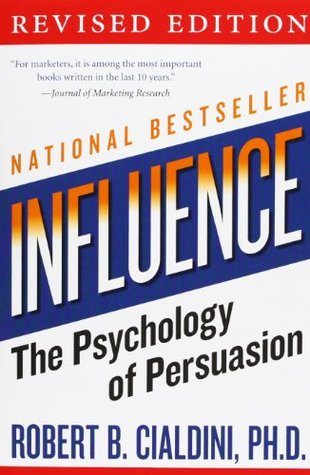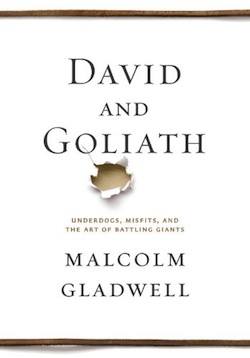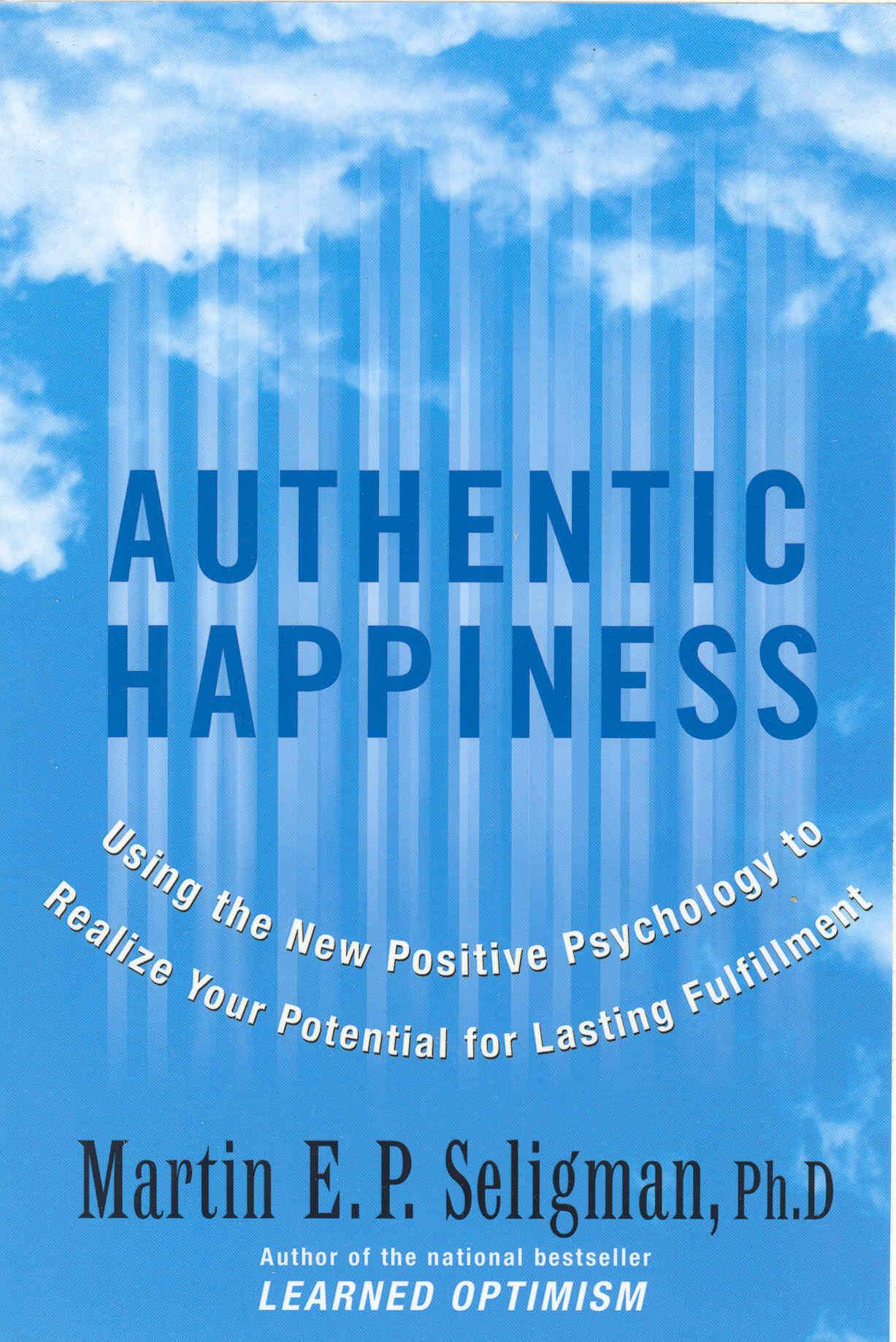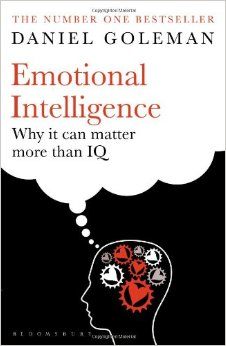We’ve all been there, sitting in our local coffee shop with our book in hand, when suddenly you read something so enlightening, so unexpected that you choke a little on your double mocha frap. Maybe you stop to ponder for a minute that undeniable piece of wisdom, wisdom which flies in the frap-lathered face of an idea — or many — which you held so dear. This is a moment of epiphanic change, and it feels fantastic.
These are the moments with the power to change lives, and that right there is the highest value in reading. Sadly we all know that these moments are few and far between, so here at Lifehack we have compiled a list of the top 10 greatest psychology books which can change your life:
1. The Happiness Hypothesis by Jonathan Heidt
Starting with my personal favourite on the list, Jonathan Heidt effortlessly brings to light the beliefs of ancient systems and puts them under the scrutiny of modern science. Heidt conveys his superior knowledge of psychology and neuroscience, and compares it with his understanding of such ancient systems in a witty yet comprehensive way. Heidt shows the flaws and misconceptions of various systems and practices — as well as their truths — whilst offering a tangible solution to the many vices and privations which trouble the modern person.
Who’s it for: Anybody who is chasing their own tale in looking for a source of happiness. After all, there is more to life than ______ (fill this in for yourself)!
2. Civilization and Its Discontents by Sigmund Freud
Who can dismiss the ferocious intellect practised by world renowned father of psychoanalysis, Sigmund Freud. In one of his most famous works, Freud breaks down the construct of civilization and our relationships with others for the primal, and sometimes savage construct that it is. This is for those who aren’t fazed by a slightly heavier and more dense read. That being said, if you can break through this book and grasp its meaning, the understanding of why our civilization is built they way it is will help you navigate it all the more effectively.
Who’s it for: Those interested in why our civilization exists. You’ll need patience, and thick skin.
3. Thinking Fast and Slow by Daniel Kahneman
In a summary of decades worth of research, Kahneman challenges the various cognitive biases people subconsciously possess, and apply day after day. Understanding that our minds are composed of two parts — an instinctive and primal section, and a more critical and rational section — together with their manifestations in decision making will give you an “aha” moment of relatability. The applications of this book are vast, from daily tasks to major business decisions, you’ll never look at decision making the same again.
Who’s it for: The indecisive person in you. Those who face make or break decisions regularly. But before you get this book, it’s best you read this first to have some understanding about these “fast” and “slow” systems.
4. Influence: The Psychology Of Persuasion by Robert B. Cialdini
If you’re the type of person who finds themselves constantly being rejected by others — someone who is never taken seriously despite your best efforts at being authoritative, constantly left feeling like a pushover — Robert B. Cialdini has your back on this one. In this best-seller, Cialdini teaches us the 6 principles of persuasion which will ensure that you’ll never be left feeling like a fool again. In applying these 6 principles you’ll be at the centre of attention, seemingly commanding people with your every word. Mind control in disguise? Maybe. Totally awesome? Definitely!
Who’s it for: Those with great ideas, but who struggle to have them acknowledged.
5. Outliers: The Story Of Success by Malcolm Gladwell
Do you want to find out how the worlds most successful people became, well, successful? Who better than to ask someone who has spent years studying them and finding out exactly that. This is precisely what Malcolm Gladwell has done, and shares with us in his book Outliers. Through these observations, Gladwell developed “The 10000 hour rule” amongst other associations made on how one achieves a high level of success. Whether you’re an athlete, musician — or anything really — If you want to become world-class at it, this book is for you.
Who’s it for: Anybody looking to become a champion, leader and grand master.
6. Flow: The Psychology Of Happiness by Mihaly Csikszentmihalyi
In an unexpected yet mindblowing take on happiness, Csikszentmihalyi (pronounced cheek sent me high) shows through decades of research exactly how our happiness is effected by the work we commit ourselves to. He argues that happiness is achieved through a mental state known as Flow, where the high skill level of the individual is met with challenging work. Imagine a mathematician solving a perplexing problem, or an artist bringing their conception to life through seemingly perfect brush strokes. What happens to the brain during this state appears paradoxical!
Who’s it for: Anybody working in a skilled profession, or who regularly practice a hobby.
7. David and Goliath: Underdogs, Misfits and the Art Of Battling Giants by Malcolm Gladwell
Yes you’ve read correctly, Malcolm Gladwell makes our top 10 list for the second time with this brilliant book. In using a dense array of examples, as is the style of Gladwell, we learn about the probability of improbable outcomes when small people face big challenges. Whether it is your unruly boss, a physical feat or mental condition, Gladwell shows us that it is possible to defeat things, even when the odds are stacked against you.
Who’s it for: Those who struggle in the face of adversity.
8. Authentic Happiness by Martin Seligman
As one of the worlds most established Psychologists, Martin Seligman paves the way to happiness with this light and rewarding book. Proving that happiness is more a product of internal conditions rather than external, this book shows us how to develop the numerous aspects of life we often overlook. This is for anyone who wishes to become a more well-rounded version of themselves.
Who’s it for: People looking to develop their interactions with others.
9. Mindfullness: A Practical Guide to Finding Peace In a Frantic World by Mark Williams and Danny Penman
In today’s frantic world its easy to get lost in the lightening pace of everything around us, and to forget about the moment to moment occurrences which can bring us true happiness. In this mega-popular book, Williams and Penman show us how to exist in this state of tranquillity in an ever moving world. Finding peace in the moment — not in some hippy, woo woo sense — but based on tried and tested psychological findings is a proven path to lasting happiness.
Who’s it for: Anyone who is easily caught up in the rapid pace of the world. Those with anxiety issues.
10. Emotional Intelligence: Why It Can Matter More Than IQ by Daniel Goleman
You may have noticed in recent years the fading of the IQ phenomenon, and the emergence of this new theory of EQ — or emotional intelligence — and for good reason. Psychology is now showing us that EQ is a bigger determinant of personal success and mental health than IQ. Emotional intelligence is exactly what the name implies, it is our ability to identify and handle not only our own emotions, but the emotions of others, and our ability to handle situations according to these principles. Overall a thought-provoking book.
Who’s it for: Anybody who lets their emotions, or the emotions of others get the better of them.
Featured photo credit: PixaBay via pixabay.com

